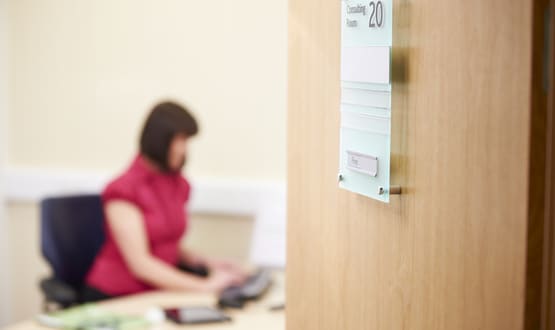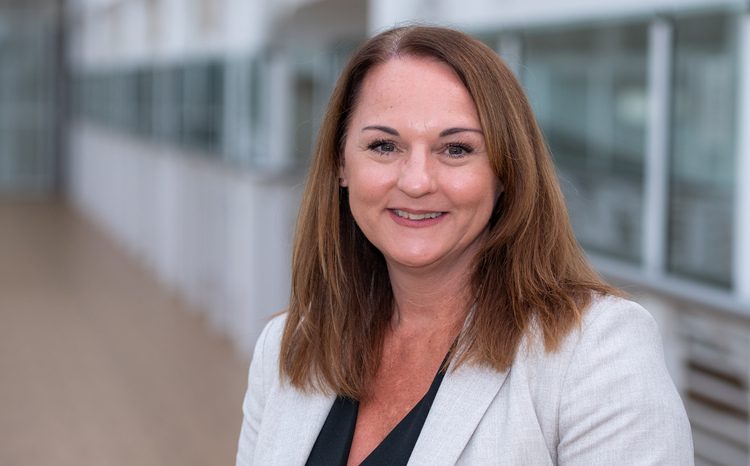EMIS tech supports remote monitoring of cardiac patients

Cardiac patients in East Sussex are benefitting from tailored clinical systems which enables specialist GPs to carry out remote consultations and and manage patients at home.
The tailored version of the EMIS web system means that patients can avoid being sent to hospital and instead be monitored at home or in a community clinic. Waiting times can be cut from 18 weeks for a first out-patients appointment to six weeks for fitting by a community specialise team. It is also hoped the tailored system can keep patients out of hospital.
Patients will be monitored by a specialist team made up of GPs, cardiac physiologists and cardiographers, who will also be able to carry out echocardiograms. Delays to the patient journey can be minimised with real-time information available, patients won’t need to undergo repeat investigations and admin should be reduced.
Dr Shaun O’Hanlon, chief medical officer at EMIS Group said: “Throughout the pandemic the NHS has found innovative ways of delivering patient care, and we are proud that EMIS technology has supported them during this very challenging period. The Community Cardiology Service is a brilliant example of how patients with complex needs can be cared for in their own homes by specialist GPs using joined-up technology.”
Data sharing
Data sharing agreements are in place with individual practices, which means GPs with a special interest in cardiology (GPwSIs) will be able to view the patients’ full medical record to enable more informed care. The ability for GPwSIs to securely access the system means local recruitment difficulties can be addresses, as all GPs need is a reliable internet connection.
Dr Matt Jackson, a GPwSI at the Seaford Medical Practice in Hailsham and director of Integrated Cardiology Solutions added: “The ability for our doctors to view a referred patient’s full care record via EMIS is the most important benefit.
“We get limited information from a remote consultation compared to seeing a patient face-to-face. We can’t examine them or observe their current state of health, so we rely on what they tell us, but this is significantly less over the phone or video than they would give us face-to-face. Being able to see their complete care record and medical history helps us to fill in the blanks and ask the right questions to make a robust diagnosis.”
The new service is just another example of how Covid has accelerated the trend for remote monitoring within the NHS. Just in June this year we reported on a partnership between Imperial College Healthcare NHS Trust and Luscii which means heart failure patients can self-monitor their vitals at home. While in January a move by Inhealthcare resulted in Covid patients in certain areas having the ability to self-monitor their symptoms which also helps maintain social distance.




